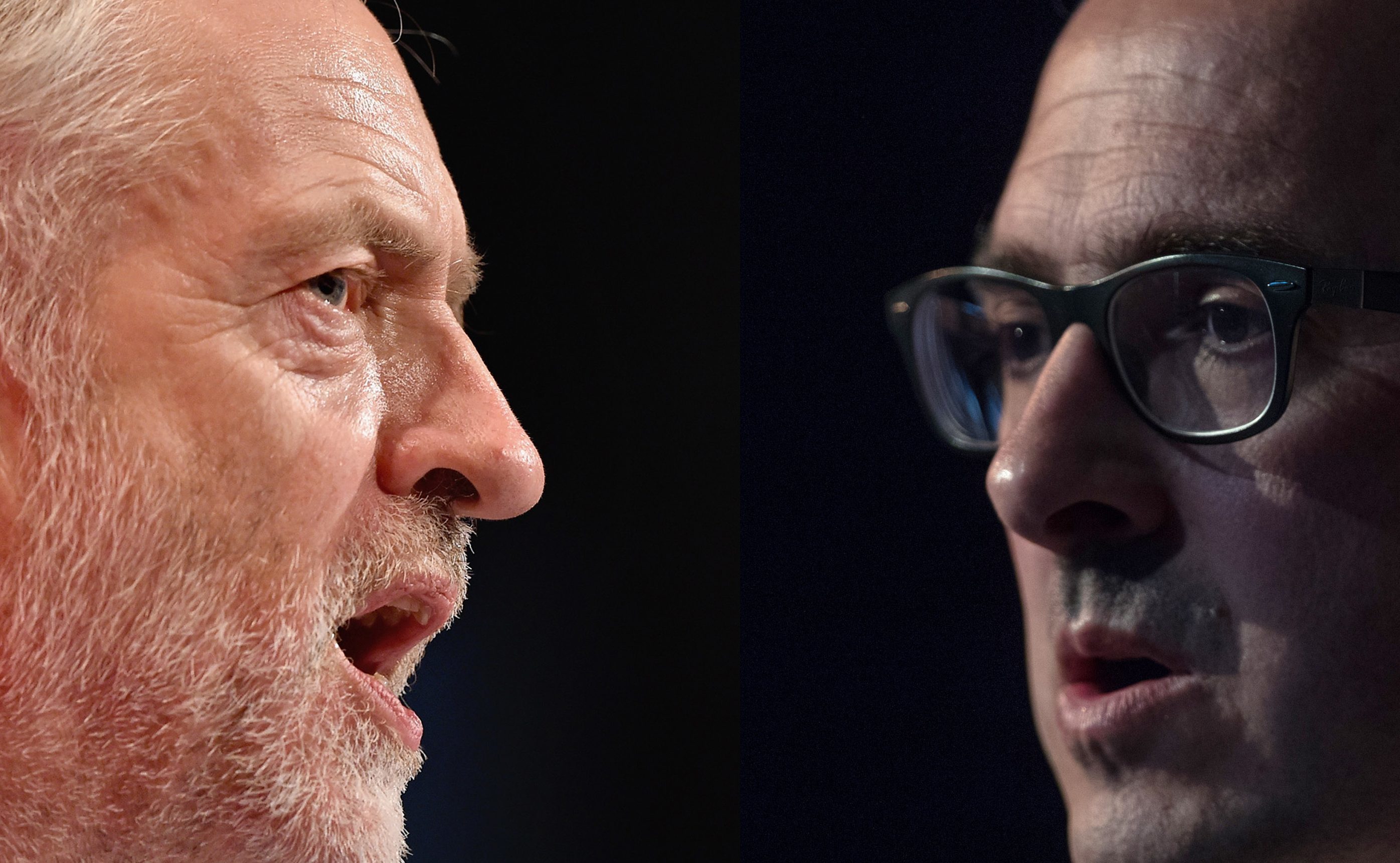
THE epic struggle for Labour has all the elements of a huge Hollywood blockbuster.
So-called conspiracy theories about hitherto dormant Trotskyists awakening to infiltrate the party, heightened court-room scenes, a young pretender to the throne . . .
But there’s a problem.
The film won’t be out on general release any time soon.
You’ll only be able to catch it at your local arthouse cinema.
My favourite kind of film, but not everyone’s cup of tea.
And to emerge from its downward spiral into oblivion, Labour needs to be more people’s cup of tea.
Jeremy Corbyn attracts impressive audiences and the huge swell in party membership over the past year is no mean feat.
But too often he is preaching to the converted.
He needs to be able to win a general election.
As leadership challenger Owen Smith stressed, it is about power.
The party must convince people it is a government-in-waiting, not just a protest movement inhabiting the moral high ground, feeling good about itself.
Worryingly for the party’s long-term prospects, a poll this week gave the Tories a 13-point lead.
A previous poll last month put Corbyn’s Labour as far behind the Tories as when Michael Foot handed Margaret Thatcher her 1983 landslide.
Theresa May has ruled out a snap general election but the reality is that, were the country to go to the polls, the Conservatives would be likely to increase their small majority by a massive margin.
Smith has provided the anti-Corbynites with some light at the end of a very dark tunnel.
The Court of Appeal ruling, overturning a High Court decision allowing new party members to vote in the leadership contest, could work in his favour.
It means Labour party officials can reinstate a block imposed on tens of thousands of recruits, believed to be widely pro-Corbyn.
But, even with their exclusion, Smith’s chances of ousting the veteran left-winger from the top job look slim to none.
And the outcome seems almost irrelevant anyway.
Should Smith emerge triumphant, would it make much difference?
Four years down the line, if the party gets that long, who knows?
My hunch is that far too much damage has been done for a sudden reversal of fortune to take place.
Given the uncertainty following the Brexit vote, it is likely the British people’s natural conservatism (with a small “c”) will come to the fore.
A vote for the safety of the status quo in those circumstances would hardly be surprising.
That said, Labour cannot simply give in.
The game is not lost completely if the party can move on from this toxic episode by avoiding a split and uniting behind whoever is elected leader next month.
UK democracy only works if there is a strong opposition, after all.
More importantly from the party’s point of view, it owes it to those who have gone before to rebuild trust and support.
The aim must be for Labour to again become a dominant force in British politics.
The party leadership can not simply expect its followers to always be there.
That means if the members want Corbyn, those in the parliamentary Labour party who don’t will – for now – have to like it or lump it.
As musician and activist Billy Bragg pointed out this week: “People are no longer happy to be taken for granted.”
By way of example, he pointed to the Liberal Democrats’ decision to go into power with the Tories in 2010, Labour assumption in Scotland it could always rely on the working class vote and the Conservatives’ belief voters would back Cameron on the EU.
He’s right.
The PLP must listen to and respect its members.
But Corbyn – if he remains at the helm – will also have to show some willing.
He will have to prove to his MPs, as well as lost Labour voters, that he is serious about winning and that he can compromise.

Enjoy the convenience of having The Sunday Post delivered as a digital ePaper straight to your smartphone, tablet or computer.
Subscribe for only £5.49 a month and enjoy all the benefits of the printed paper as a digital replica.
Subscribe